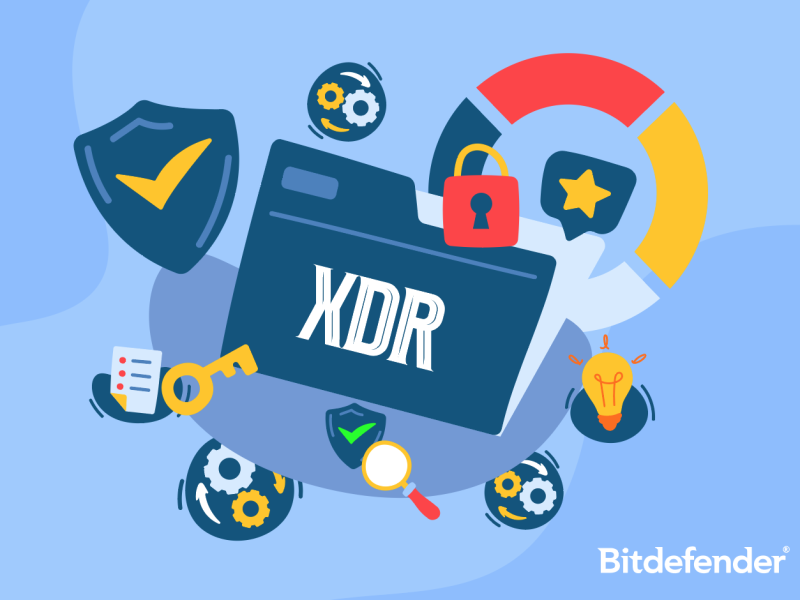Introduction: Servers are the backbone of modern businesses, housing valuable data and facilitating critical operations. Protecting servers from cyber threats is of utmost importance to ensure business continuity and safeguard sensitive information. In this article, we will explore the significance of antivirus protection for servers and discuss key considerations for selecting the right antivirus solution.
The Need for Server Antivirus Protection:
- Shielding Against Malware: Servers are often targeted by malware, including viruses, worms, and ransomware. These malicious programs can exploit vulnerabilities, compromise data integrity, and disrupt essential services. Server antivirus protection acts as a proactive defense, detecting and blocking malware before it can inflict damage.
- Data Protection and Compliance: Servers store vast amounts of sensitive data, including customer information, financial records, and proprietary data. A security breach on a server can lead to data theft, financial loss, and reputational damage. Antivirus protection helps maintain data confidentiality, integrity, and availability, ensuring compliance with industry regulations and data protection laws.
- Preventing Server Downtime: A compromised server can lead to significant downtime, causing disruptions to business operations and potentially resulting in financial losses. Antivirus solutions help prevent infections and keep servers running smoothly, minimizing the risk of service interruptions and maintaining productivity.
Key Considerations for Server Antivirus Protection:
- Scalability and Performance: Server antivirus software should be designed to handle the demands of a server environment, accommodating large volumes of data and high processing requirements. Choose a solution that scales effectively with your server infrastructure and has minimal impact on performance.
- Centralized Management: Servers often operate in a networked environment, making centralized management crucial for efficient administration. Look for antivirus solutions that offer centralized management consoles, allowing you to monitor and manage multiple servers from a single interface. This simplifies tasks such as updates, scans, and policy enforcement.
- Real-time Threat Detection: Server antivirus software should provide real-time scanning and detection capabilities. It should actively monitor incoming and outgoing data, system processes, and file operations to identify and block potential threats promptly. Proactive defense mechanisms, such as behavior analysis and heuristic scanning, add an extra layer of protection.
- Regular Updates and Patch Management: Keeping antivirus software up to date is vital for staying ahead of emerging threats. Ensure the solution you choose offers regular updates and patch management to address new vulnerabilities and malware variants. Timely updates and signature file downloads help maintain a robust defense.
- Additional Security Features: Depending on your server environment and specific requirements, consider antivirus solutions that offer additional security features. Features such as intrusion detection and prevention systems, firewall integration, and application control can bolster server protection against advanced threats.
- Support and Reliability: Select an antivirus solution from a reputable vendor with a proven track record in server security. Ensure they offer reliable customer support and technical assistance when needed. This helps resolve any issues promptly and ensures ongoing protection for your servers.
Conclusion: Protecting servers with antivirus software is a crucial aspect of maintaining a secure and resilient IT infrastructure. By deploying a robust antivirus solution specifically designed for servers, businesses can safeguard critical data, prevent downtime, and mitigate the risks of cyber threats. Consider scalability, performance, centralized management, real-time threat detection, regular updates, additional security features, and reliable support when selecting the right server antivirus solution. Prioritizing server security ensures the integrity, availability, and confidentiality of your data, contributing to the overall success and continuity of your business.


